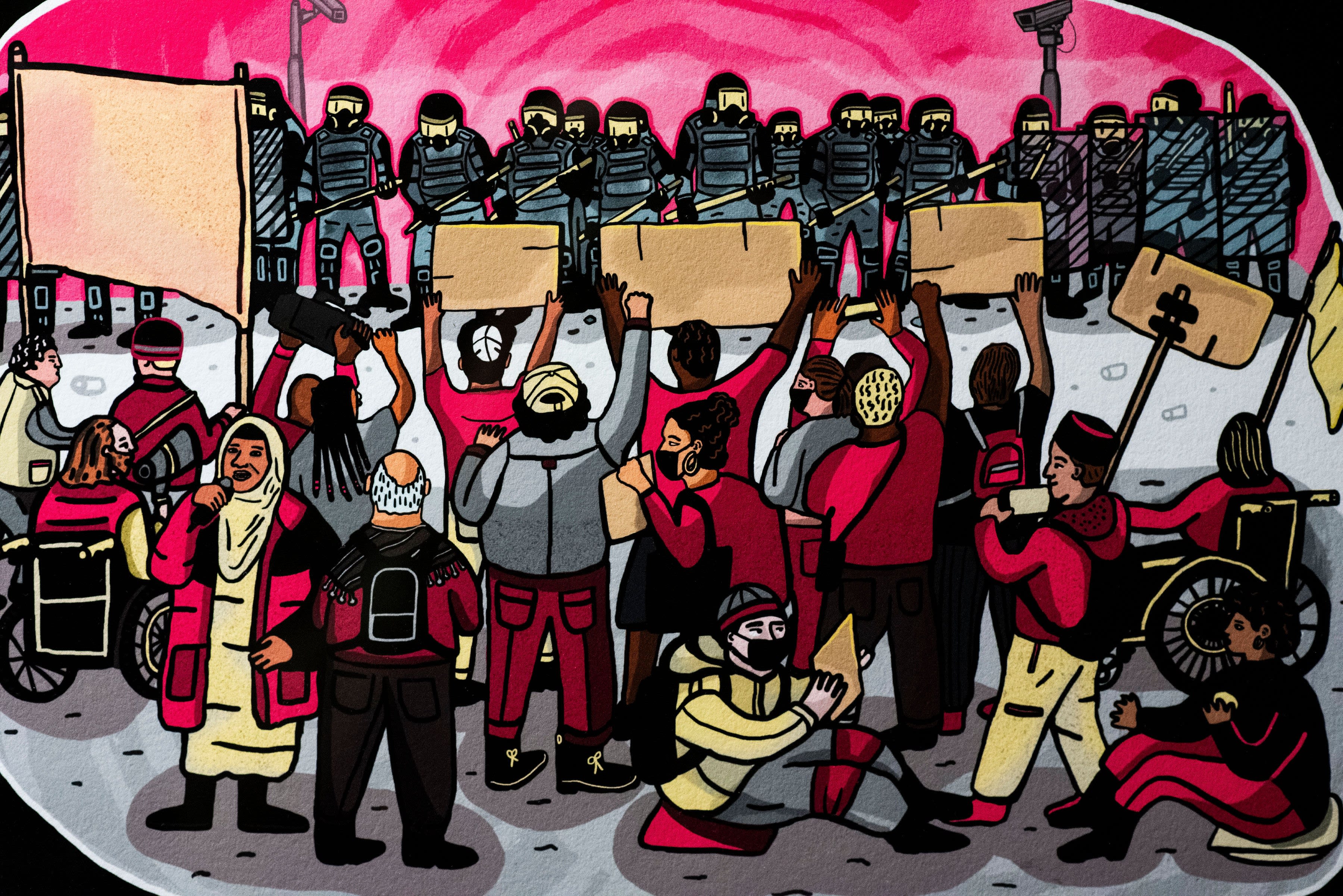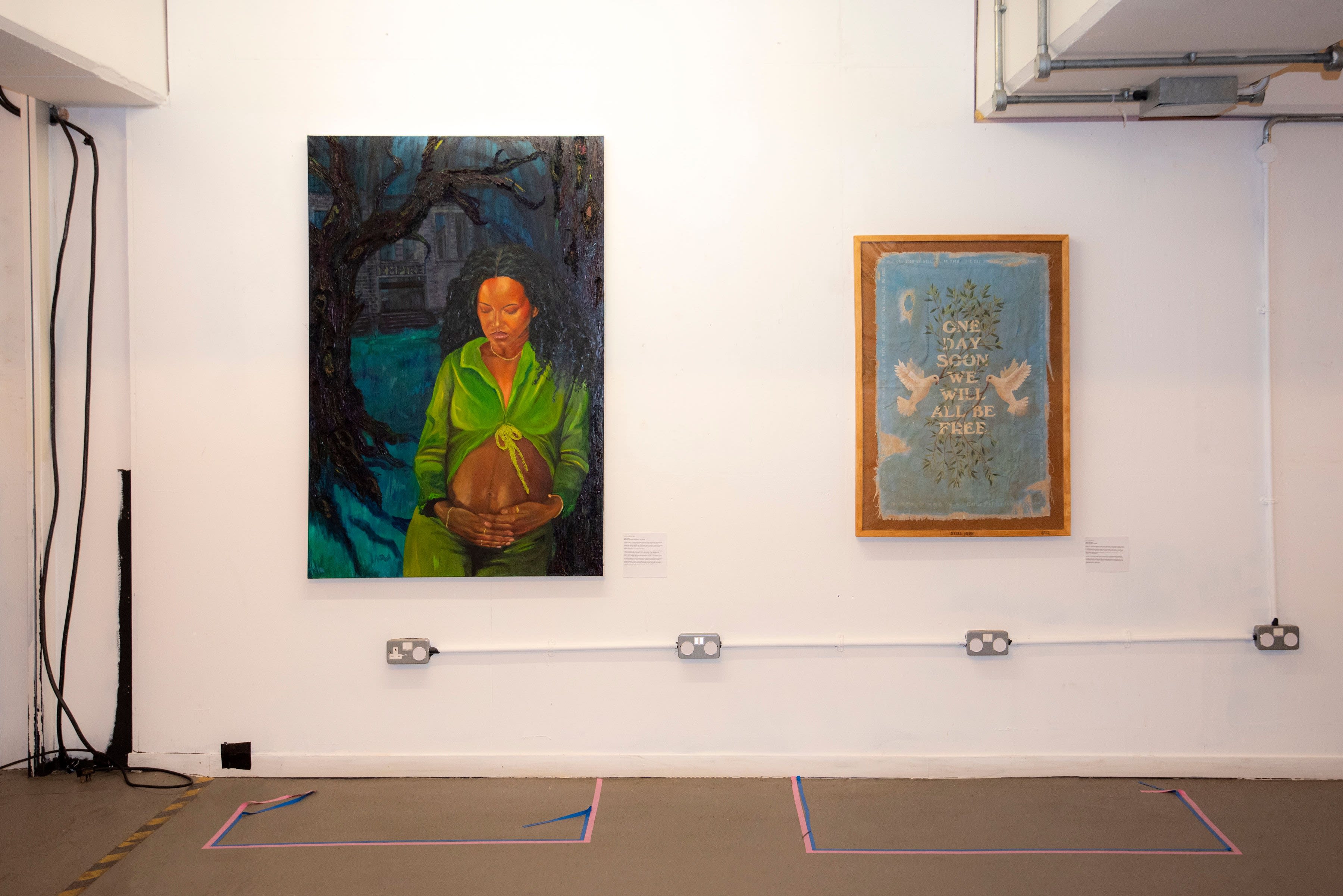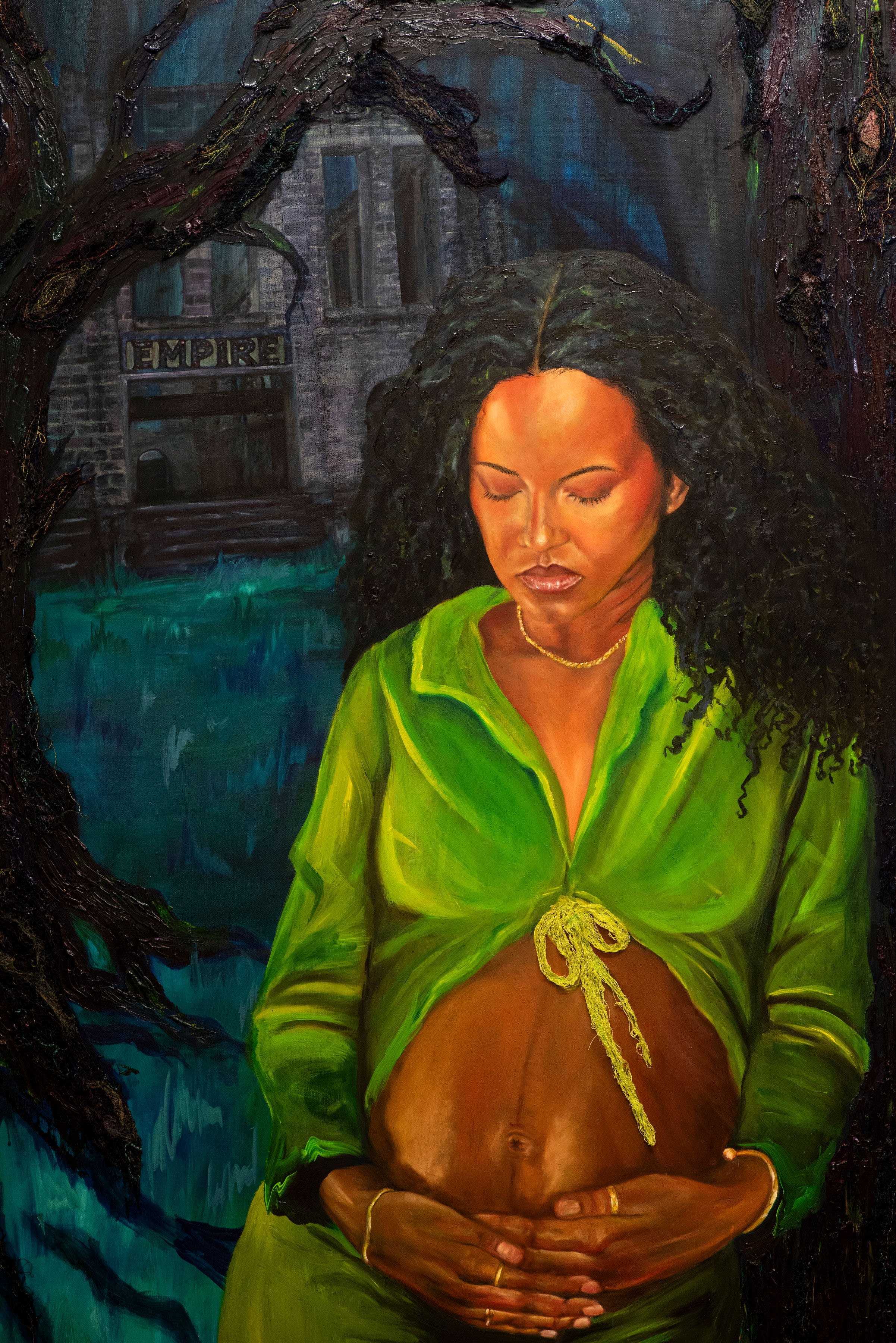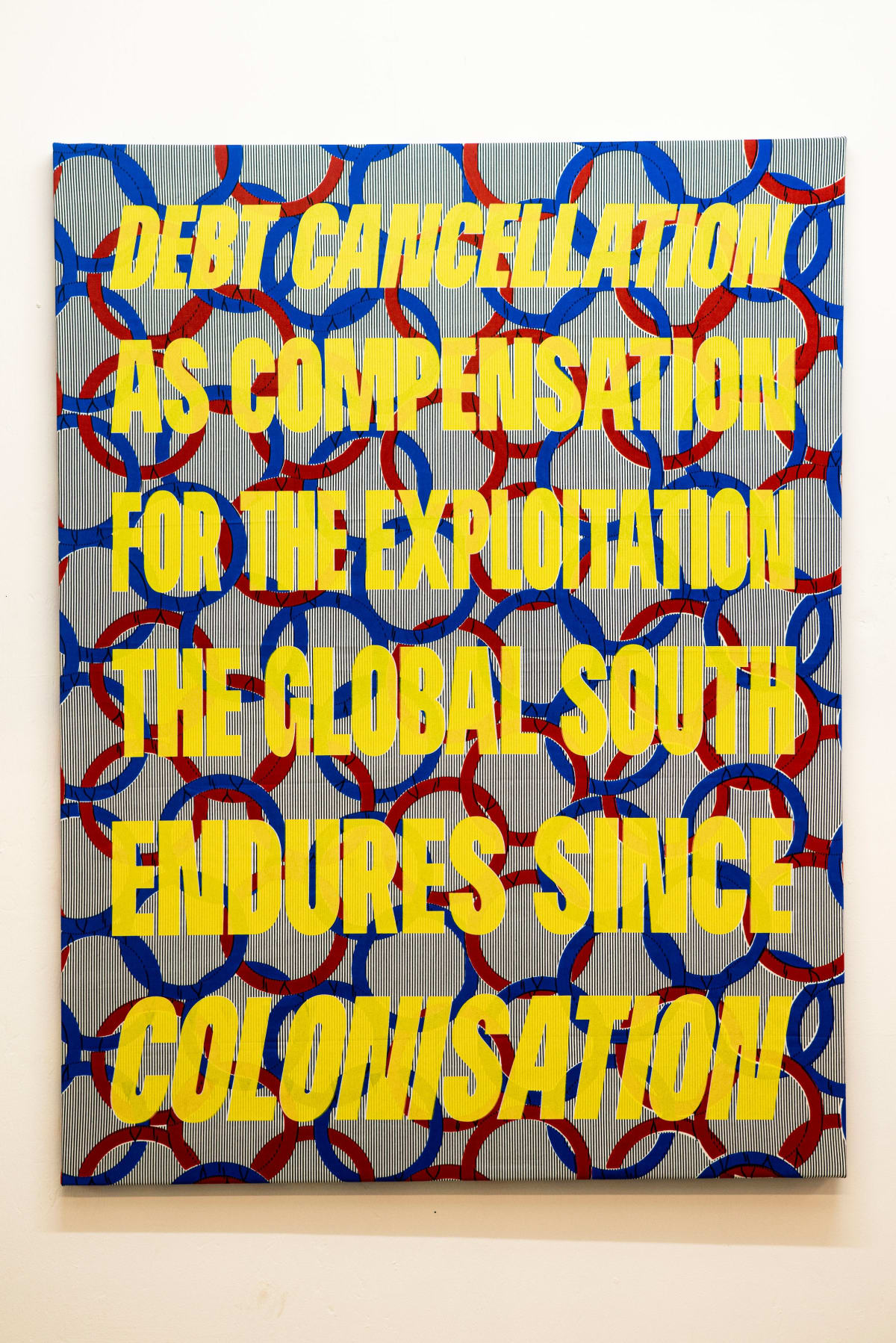Guest Blog: Debt Justice
by Skye Golding, Organiser at Debt Justice
GCC’s Guest Blog series puts the spotlight on organisations across the world who are all working in creative ways to secure an environmentally responsible future. Views expressed are the author’s own.
Debt is about power and injustice, and it can be understood and resisted. Too often it is framed as a technical economic issue too complex for ordinary people to understand, but this couldn’t be further than the truth.
Right now, 54 countries are in debt crisis. This is not an accident. For centuries, powerful governments, institutions and corporations have used debt to control and plunder the resources of countries in the global south for their own gain. The power relations involved in today’s debt crisis can frequently be mapped over the power relations involved in historic colonialism, with the same western nations that colonised countries in the global south now responsible for the unjust debts holding those countries to ransom.
As a campaigning charity, we’re constantly looking for new ways to bring these power dynamics to light and raise the profile of the struggle for debt justice amongst the wider public.
In November 2023, we launched our first ever art exhibition.
‘It’s the debt that you owe’: debt, colonialism, and resistance’ at Peckham Levels was a multidisciplinary art exhibition exploring how the legacy of colonialism has led to the debt crisis of today. The exhibition featured new work by artists with personal connections to countries that are currently in debt crisis or affected by the legacy of colonialism.
We commissioned expressions of resistance and work that explored the dismantling of the colonial capitalist underpinnings of debt, and how debt links to the climate crisis.
The exhibition included original visual and performance work from 12 artists on the impact of debt on countries in the global south, including through the artists’ own lived experience of colonial and neo-colonial oppression and debt. Work sat across a wide variety of mediums, from break dancing to oil painting, sculpture to songwriting, graphic typography to animation.

Monique Jackson and Amber Khokhar. Image credit: Nompumelelo Ncube.

Monique Jackson. Image credit: Nompumelelo Ncube.

Nicola Constantina. Image credit: Nompumelelo Ncube.

Selena Scott and dfawzi. Image credit: Nompumelelo Ncube.

Selena Scott. Image credit: Nompumelelo Ncube.
As a campaigning organisation, all our work aims to create the conditions for economic, social and political change. Throughout the exhibition, we hoped to offer a solution to the issues raised by the artwork by highlighting our ongoing campaign for new legislation that would force creditors to cancel debts, and sharing ways to get involved. Visitors were encouraged to interact with the exhibition, sharing thoughts and drawings and using our action cards to sign petitions, write to their MPs, and join our activist network in order to take part in future stunts and protests.
UK law plays a key role in enforcing debt contracts. Incredibly, 90% of the lending for low income countries is enforced through UK courts. That means people in the UK are perfectly placed to push for change. Through projects like ‘It’s the debt that you owe’, the arts can become a powerful tool of political education, inspiring people to take action.
-
Debt Justice is a campaigning organisation that exists to end unjust debt and its root causes, formerly named Jubilee Debt Campaign. Through campaigning, community organising, research and activism, we build collective power with the people most affected by personal debt in the UK and public debt in exploited countries. So together we can rewrite the rules of global finance and build a fair economy for all. We are a people powered organisation and part of the global movement for change. Get involved in our campaigns today.

